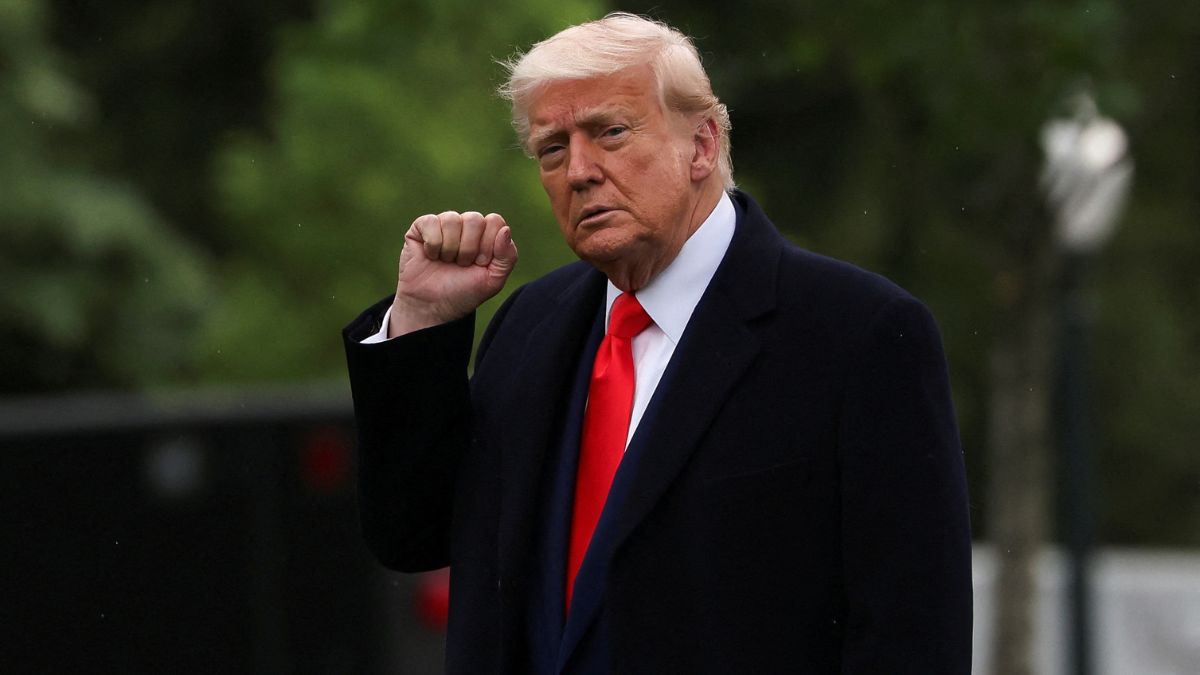President Donald Trump has brought back his travel ban policy from his first term, signing an order on Wednesday night that blocks people from 12 countries from entering the United States.
The affected countries are Afghanistan, Burma, Chad, the Republic of the Congo, Equatorial Guinea, Eritrea, Haiti, Iran, Libya, Somalia, Sudan, and Yemen.
Along with the ban, stricter entry rules will also apply to visitors from Burundi, Cuba, Laos, Sierra Leone, Togo, Turkmenistan, and Venezuela. The new rules will come into effect at 12:01 am on Monday.
“I must act to protect the national security and national interest of the United States and its people,” Trump said in his proclamation.
The bans go into effect on Monday, the White House said.
“The recent terror attack in Boulder, Colorado has underscored the extreme dangers posed to our country by the entry of foreign nationals who are not properly vetted,” Trump said in a video message from the Oval Office posted on X.
“We don’t want them.”
The ban will not apply to athletes taking part in the 2026 World Cup — which the US is co-hosting with Canada and Mexico — or the 2028 Olympics in Los Angeles, according to Trump’s order.
On the same day, Trump also announced a visa ban for foreign students planning to begin studies at Harvard University, continuing his tough stance on what he sees as a liberal stronghold.
Impact Shorts
More ShortsTrump compared the new travel restrictions to the earlier ban he imposed in 2017 on several Muslim-majority countries, which caused widespread disruption. He claimed that ban helped prevent terror attacks in the US like those seen in Europe.
“We won’t let what happened in Europe happen here,” Trump said. “We cannot allow people from countries we can’t properly vet to enter.”
In response, Venezuela criticised the US, calling it a dangerous place. “Being in the United States is a great risk for anyone, not just Venezuelans,” said Interior Minister Diosdado Cabello, warning citizens against travelling there.
Trump’s new travel ban could face legal challenges, as has happened with several of his earlier executive actions.
)